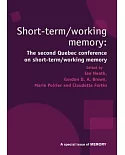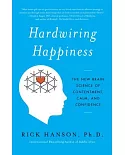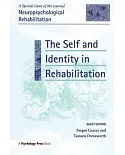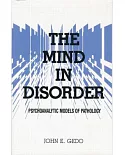The media is full of disturbing scenes of deranged, psychotic killers lurking around every corner, waiting to attack when innocent victims least expect. Despite the unrealistic nature of these
scenes, the ensuing fear results in very real, often-shortsighted, attempts at protecting the public from the perceived danger that mentally ill persons in our communities represent.The Myth of
a Psychiatric Crime Wave provides a practical foundation for studying popular attitudes toward mental illness and the effects these notions have on mental health consumers. Additionally, the
text provides a comprehensive analysis of the underlying assumptions about mental illness that, unintentionally or otherwise, influence legal and policy decisions affecting persons with mental
illnesses.This book begins with an exploration of the various psychological and legal efforts to define the concept of mental illness. The text then examines the myth of a psychiatric crime
wave ��the common belief that mentally ill persons are violent and dangerous and, as such, are managed effectively through criminal justice procedures. The criminal image of persons with mental
illness is addressed, then leads the reader to an empirical analysis of mock juror sentencing recommendations for mentally ill defendants.The Myth of a Psychiatric Crime Wave is an effective
complementary text for upper-level psychology and criminal justice courses dealing with the treatment of mental health consumers, the management of these individuals, or both. Moreover, this
text is suited for sparking critical discourse in graduate-level courses in forensic psychology, criminology, and mental health law.This book is a part of the Criminal Justice and Psychology
series.





















